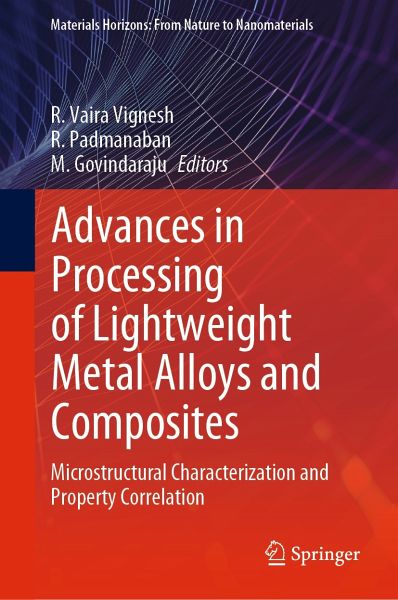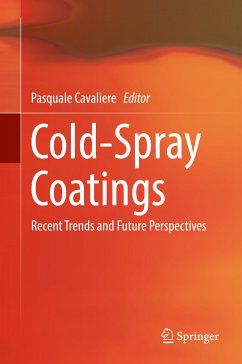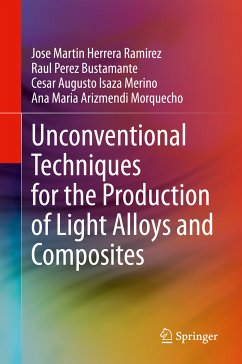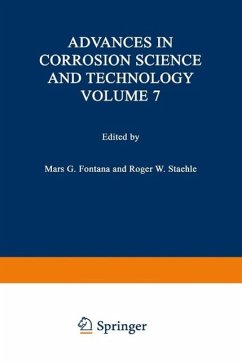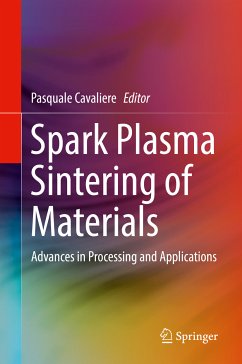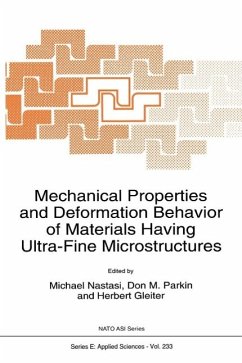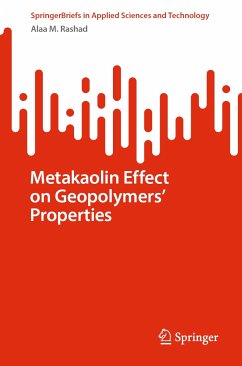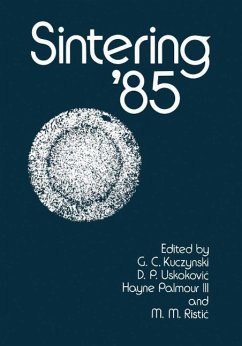Dr. R. Vaira Vignesh obtained his bachelor's degree in Mechanical Engineering (First Class with Distinction) from Karpagam College of Engineering, an autonomous institution affiliated with Anna University, India. He obtained his Ph.D. under the Faculty of Engineering from Amrita Vishwa Vidyapeetham for his research on Magnesium Alloy Surface Composites for Biodegradable Implants. He was involved in the indigenization of laser surface texturing technology for reducing the frictional losses in automotive components and the development of wind turbine brake pads with gradient composition, and functionality that were funded by the Department of Science and Technology, Government of India. Subsequently, he joined as Assistant Professor at Amrita Vishwa Vidyapeetham. In the field of advanced materials and processing, his research and development span solid-state processing, solid-state welding, surface engineering, and powder metallurgy processing. He has one patent, 10+ book chapters, 35+ conference publications, and 50+ research publications in peer-reviewed international journals to his credit. He received the Amrita Vishwa Vidyapeetham - Chancellor's Publication Award for his eminent contribution to the field of solid-state welding and processing of lightweight materials. He is the recipient of the prestigious Amrita Innovation and Research Awards (Publication Merit Award) for his distinction in research publications. Appreciating his excellence in the curricular and technical field, he received Henry Ford Award & Best Academic Performer award from Karpagam College of Engineering, and the Best Student Award from the Indian Society for Technical Education, New Delhi (Tamil Nadu and Puducherry). He currently serves as an Assistant Professor in the Department of Mechanical Engineering, Amrita School of Engineering, Amrita Vishwa Vidyapeetham, India. Dr. M. Govindaraju completed B.E in Metallurgical Engineering from Government College of Engineering, Salem, in 2001 and joined as Engineer at Nonferrous Materials Technology Development Center (NFTDC), Hyderabad. He served there for 15 years up to 2016 in various capacities including as Principal Scientist, before moving to Amrita Vishwa Vidyapeetham in July 2016 as Assistant Professor at Department of Mechanical Engineering. After joining in NFTDC, he completed M.Tech. (Welding) and Ph.D. from Indian Institute of Technology Madras subsequently. His Ph.D. thesis is on friction stir processing of magnesium alloys. He has industry and research exposure of over ~20 years in various capacities, in the field of advanced welding & brazing technology, design, and fabrication of furnaces, leak testing, non-destructive testing, new and advanced materials (super alloys, ultra-pure metals, magnesium alloy, aluminum alloy, and ceramic to metal joins). He has developed technologies for sheet brazing of automotive components and diffusion brazing of honeycomb structures which are transferred to industries. In addition, he is involved in building and indigenization of various process equipment, mainly high technology furnaces for processing of materials for Indian Space Research Organization, Bhabha Atomic Research Center, Defence Research and Development Organization and other national programs. He has completed 12 projects and 2 projects are ongoing; published more than 40 articles in international journals and conferences. He has indigenized more than 15 techniques/equipment for various applications in India. He has delivered 100 guest lectures in various colleges and universities across India. He currently serves as an Associate Professor in the Department of Mechanical Engineering, Amrita School of Engineering, Amrita Vishwa Vidyapeetham (Coimbatore Campus), India. Dr. R. Padmanaban is a mechanical engineer with specialization in engineering design. He completed his doctoral research in the area of friction stir welding. He is currently workingas Associate Professor in the Department of Mechanical engineering, Amrita School of Engineering, India. He has two decades of teaching experience and is teaching undergraduate and postgraduate students and supervising doctoral students. He has successfully guided more than fifty bachelor's and master's students' projects, and one Ph.D. candidate. He has published several articles in reputed international journal and conferences. His areas of interest include welding and joining, fatigue and fracture behavior of materials, application of finite element method to analyze manufacturing processes, simulating microstructural evolution and resultant properties. He also specializes in the application of artificial intelligence and statistical techniques to build regression models and analyze manufacturing processes to optimize process parameters, maximize output and process efficiency. He has conducted seminars, organized workshops and presented talks on finite element methods & applications, welding, and friction stir welding. He is an active reviewer for several national and international journals, and a life member in the Indian Society for Technical Education (ISTE) and Indian Welding Society.
